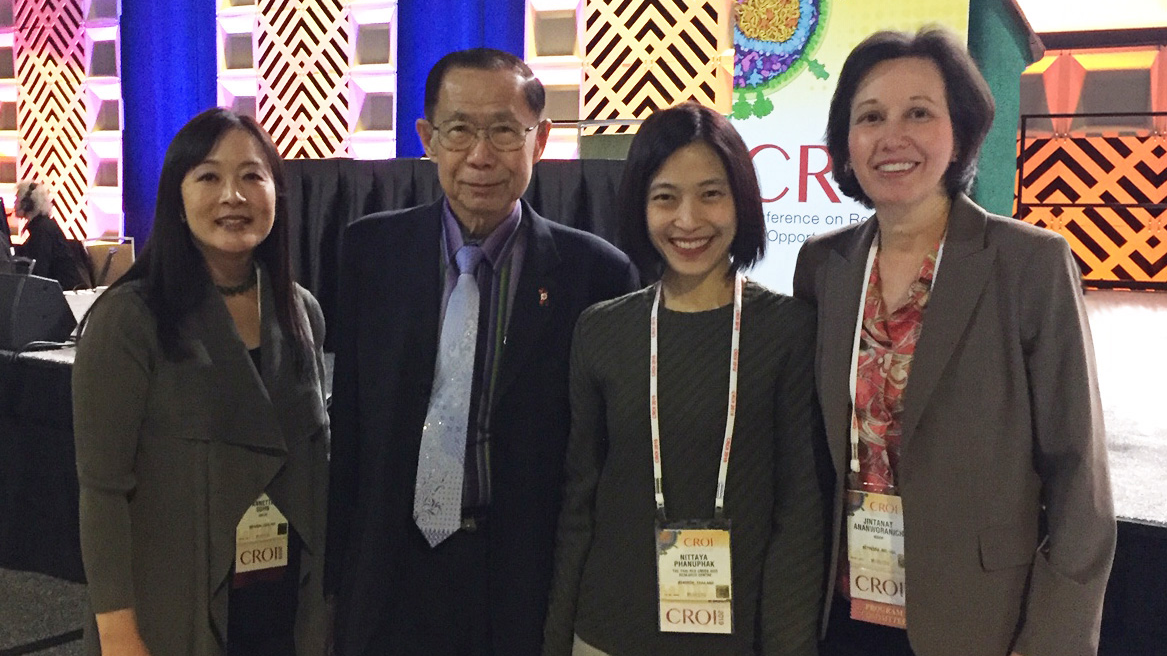
13 Mar Study offers insights into challenges and opportunities for youth-focused HIV care in Asia
In Asia, there’s been a growth in the post-pediatric generation of young people living with HIV, whose infections were acquired through perinatal exposure. Many countries in the region are experiencing the need for additional support for these adolescents compared to younger children as prevention of mother-to-child HIV transmission coverage improves.
A study published in February in the journal Vulnerable Children and Youth sought to better understand the clinic-level resources available in the region to manage transition into adolescence and adult life, and identify key challenges to delivering adolescent HIV care.
Led by Dr. Annette Sohn, PhD candidate with the Amsterdam Institute of Global Health Development and Director of amfAR’s TREAT Asia program, a group of researchers surveyed providers caring for children and adolescents living with HIV in multiple Asian countries. Among the key findings included that clinicians often lack formal guidance and tools to effectively manage adolescent care and transition to adult HIV providers – resources that are necessary in order to optimize quality of care and promote retention.
“Pediatric HIV providers dedicate themselves to caring for children with HIV, and to encouraging them and their caregivers to overcome many barriers in their lives. While we have kept these children alive with antiretroviral therapy, we want them to go beyond that to truly thrive in their communities, including having access to the same opportunities for education, employment, and independent life as young people without HIV,” said Dr. Sohn.
Dr. Sohn is currently working on analyses that examine causes of death among Asian children and adolescents with HIV and studying transitions to adult HIV care in the TREAT Asia network of IeDEA (International epidemiology Databases to Evaluate AIDS) Asia-Pacific.
“Our goal is that this study, and our continued research and work in this field, can guide future practice and advocate for more program investment into youth-focused HIV care,” she added.
Read the full study, Identifying gaps in adolescent HIV care and treatment delivery in Asia: results of a regional health provider survey.
Photo caption: (L-R) Dr. Annette Sohn, Dr. Praphan Phanuphak and Dr. Nittaya Phanuphak (PhD co-Promotore) of the Thai Red Cross AIDS Research Centre, and Dr. Jintanat Ananworanich (PhD Promotore) of the US Military HIV Research Program, University of Amsterdam and AIGHD Academic Staff at CROI 2019 in Seattle.
Photo provided by Dr. Sohn
